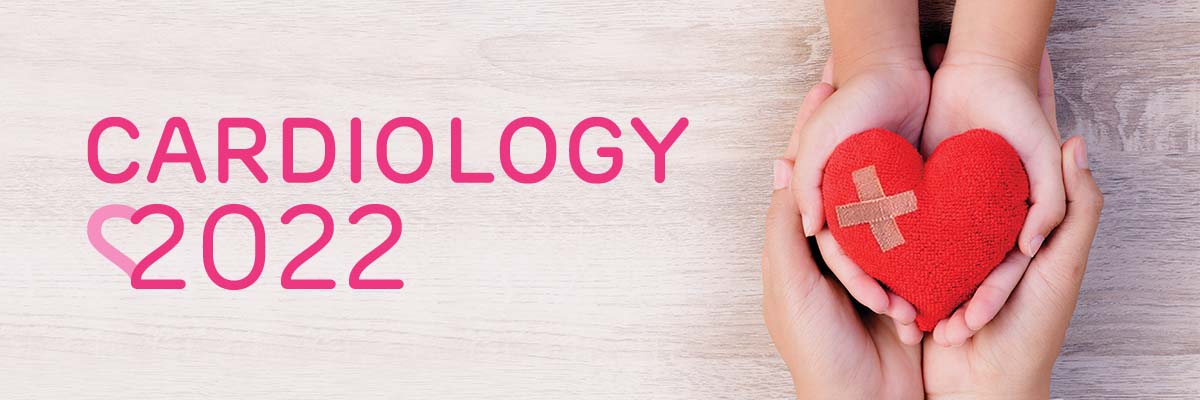
Resilient Hearts: Measuring Resiliency in Young People with Congenital Heart Disease Using Social Media
Presented By:
Thomas Glenn, MD; Melissa K. Cousino, PhD; Gil Wernovsky, MD; Eleanor L. Schuchardt, MD
Overview:
Background: Congenital heart disease (CHD) is a life-long disease with long-term consequences on physical and mental health. Patients with CHD face multifaceted physical and psychosocial challenges. Resilience is an important factor that can be protective and positively impact mental health. We studied the differences in resiliency in teenagers and young adults with and without CHD during the SARS-CoV-2 pandemic using a social-media delivered survey. Resilience was measured using the 25-item Connor-Davidson Resilience Scale (CD-RISC), a validated metric with a historical mean of 80.4/100 in the general population.
Methods: Individuals with and without CHD, ages 10-25 years, were prospectively recruited on social media to complete an online survey. The survey was delivered in early 2022 during the Omicron surge. Respondents provided information on their demographics, CHD details (where applicable) and completed the CD-RISC.
Results: As a group, participants with CHD had higher resilience scores compared to same-aged healthy individuals (65.3 ± 16.1 versus 55.4 ± 13.8, p < 0.001). For both cohorts, gender, race, and age were not associated with differences in resilience score. For individuals with CHD, more hospital admissions, lack of exercise, presence of a mental health diagnosis, and no participation in support groups or disease-specific camps were associated with lower resilience.
Conclusions: Young people with CHD had higher resilience than individuals without CHD during the SARS-CoV-2 pandemic. We identified several modifiable and non-modifiable factors that impact resilience. Awareness of resiliency and its contributors in the CHD population may assist medical teams in improving patient physical and psychological wellbeing.
